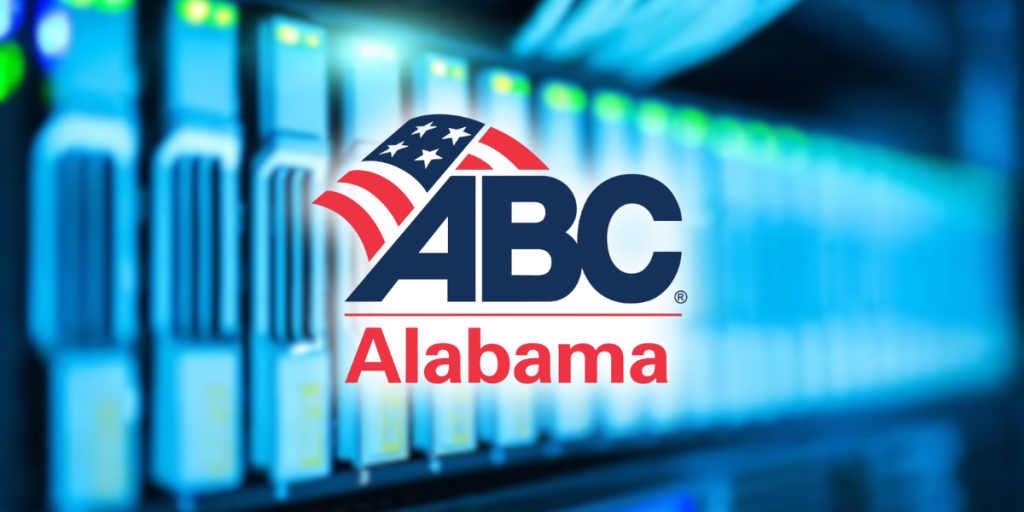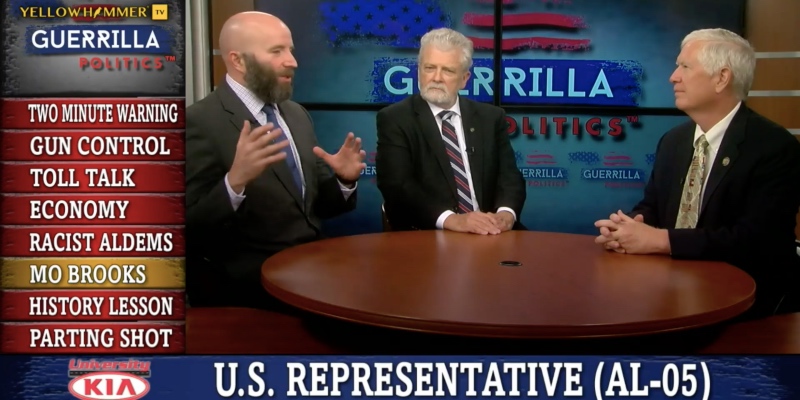More than three million students will begin college this year, many pursuing degrees needed for high paying jobs. Amazingly, bachelor’s degrees open economic doors despite little evidence of significant learning in college. How can students who retain so little knowledge make so much money?
A college degree can identify people who employers want to hire. A recent book by George Mason University economist Bryan Caplan provocatively titled The Case Against Education argues that this signaling explains much of the college earnings premium.
The college earnings premium is real. According to the Bureau of Labor Statistics, in 2018 college grads earned 64% more than high school grads who never attended college, and 39% more than associate’s degree holders. College grads are also less likely to be unemployed, with a 2.2% unemployment rate, versus 4.1% for high school grads. The earnings and unemployment differentials have both persisted for years.
Businesses require bachelor’s degrees for many jobs. Every time a business chooses college grads, they pay more. Profit-hungry businesses should not hire more expensive workers unless they create more value.
Economics offers two theories for education’s value. The first, called human capital, contends that learning makes workers more productive. In the human capital story, the college curriculum must be directly valuable to employers. High paying degrees, like economics, must teach skills businesses value more.
Alternatively, college degrees might allow students to signal characteristics which businesses desire; the content of degrees may be largely irrelevant. Life offers many examples of signaling. Romance and courting involve numerous signals, like engagement rings. A diamond is of little practical value, but signals the willingness to make a life-long commitment.
What does college signal? Professor Caplan argues three main traits: intelligence, conscientiousness, and conformity. Businesses desire workers who are smart, able to learn challenging material, and willing to follow rules. Conformity is probably becoming more important, as businesses can no longer afford workers who tell off-color jokes or express racial, religious or sexual intolerance.
Intelligence and ability to learn are valuable because the details of jobs differ greatly across employers. Employers must train workers to do a job their way. Employees must be willing to turn off their cell phones and pay attention.
How important is human capital versus signaling? Discussions of higher education policy generally presume human capital theory. Yet Professor Caplan contends that the college premium is about 80% signaling and 20% human capital. The content of education clearly has some relevance; engineering firms will not hire inexpensive social work majors over expensive engineers because they prefer graduates already familiar with engineering.
Professor Caplan presents a wealth of statistical evidence in support of signaling. Yet several puzzles demonstrate signaling’s importance. Perhaps most telling is the one mentioned above, the lack of evidence on long-term learning. Knowledge forgotten – of Shakespeare, calculus, or supply and demand – cannot be generating productivity. Furthermore, a student who is one or two classes short of a degree has acquired perhaps 95 percent of a degree’s human capital, but will face a significant salary penalty. And attending classes allows acquisition of knowledge without earning college credit, and has essentially no market value.
Signaling creates value for the economy even if course content is largely irrelevant. College helps employers find the workers they want. Yes, four years of college is costly, but everyone wants high paying jobs and would likely lie during an interview. Whether higher education provides efficient signaling depends on whether an alternative can separate high and low-quality potential workers at a lower cost.
The potential exists for excessive and wasteful signaling. Completing high school used to separate one from the crowd. Arguably we now use college degrees as a signal instead of high school diplomas. Credential inflation is potentially costly.
For parents of college students, signaling offers some solace. Even if Sally or Johnny seem to forget everything after the semester ends, passing forgettable classes can readily signal employers their willingness to learn a boring job.
Daniel Sutter is the Charles G. Koch Professor of Economics with the Manuel H. Johnson Center for Political Economy at Troy University and host of Econversations on TrojanVision. The opinions expressed in this column are the author’s and do not necessarily reflect the views of Troy University.













